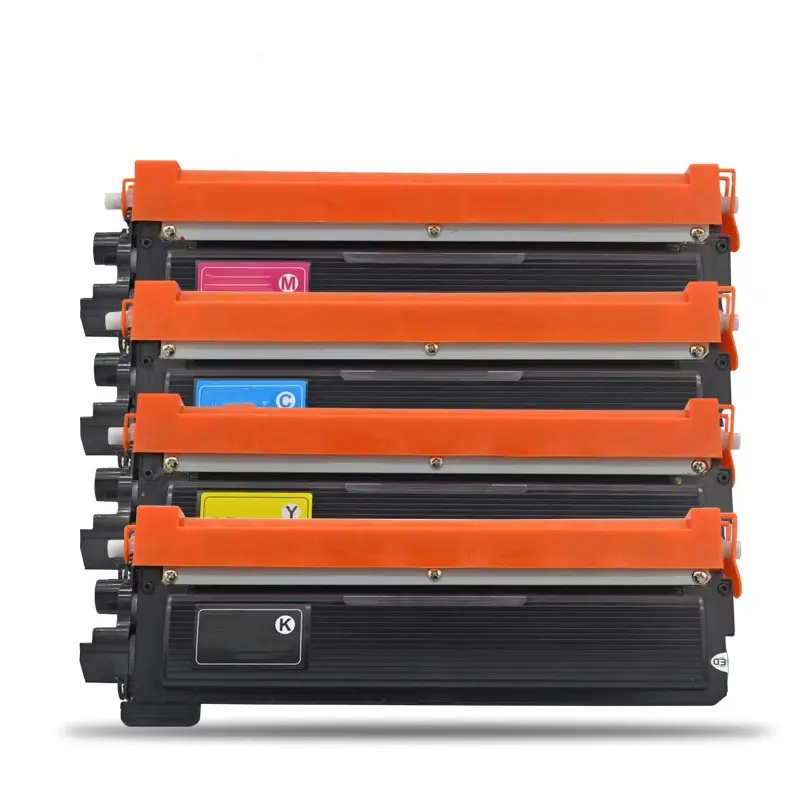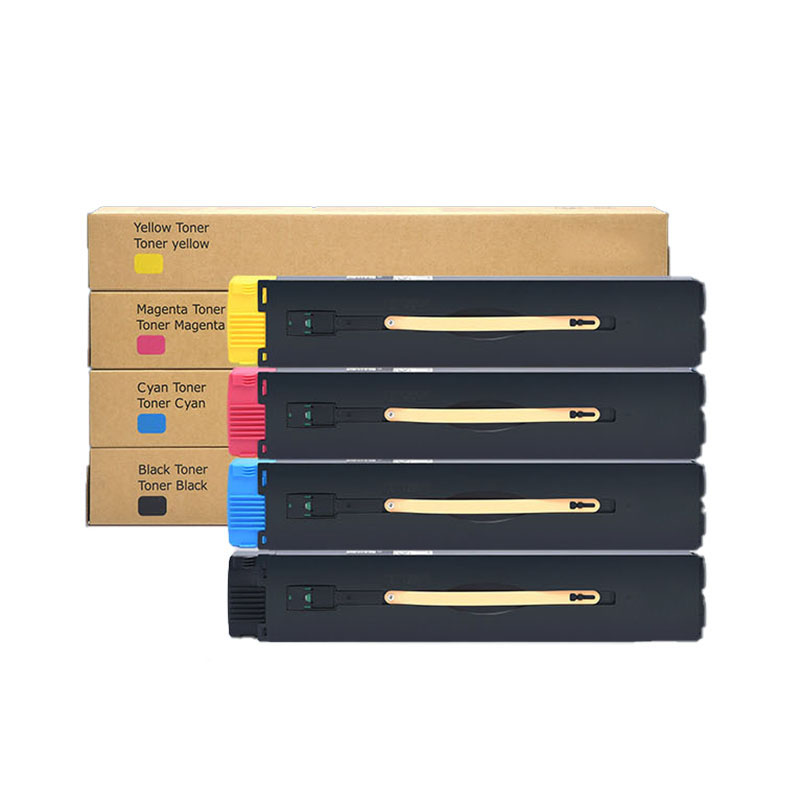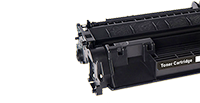Are Compatible Toner Cartridges Any Good?
Are Compatible Toner Cartridges Any Good?
Printing costs can quickly add up, especially when you're regularly using a laser printer. For many home users and businesses alike, the cost of toner cartridges is a major concern. Original Equipment Manufacturer (OEM) toners, known for their quality, often come with a hefty price tag. That's where compatible toner cartridges step in. These third-party options claim to offer similar print quality at a fraction of the price. But do they really live up to the promise? In this article, we'll break down the pros and cons of compatible toner cartridges, compare them with their OEM counterparts, and help you decide if they're the right fit for your printing needs.

1. What Are Compatible Toner Cartridges?
Think of OEM toners like Starbucks coffee—you're paying for the brand stamp. Compatible cartridges? They're the local café serving the same premium beans, just without the fancy cup.
Key facts:
Made by third-party manufacturers (not HP, Brother, etc.)
Designed to fit, function, and print like originals
Typically 30-60% cheaper than OEM
Quality ranges from "indistinguishable" to "my printer just coughed up ink"
2. OEM vs. Compatible: The Showdown
Print Quality: Can You Spot the Difference?
Usually not. Modern compatible toners have closed the gap—especially for text and basic graphics. But there's a catch:
Best-case: Prints look identical (even under a magnifying glass)
Worst-case: Faint text, weird color shifts, or "ghosting" (shadowy duplicates)
Pro tip: Stick with ISO-certified compatibles—they meet strict performance standards.
Price: Where the Savings Get Real
Let's math this out:
Cartridge Type Cost per Page Annual Cost (5,000 pages)
OEM $0.08 $400
Good Compatible $0.03 $150
That's $250 back in your pocket—enough for a decent printer backup!
3. The Hidden Perks (Nobody Talks About)
Eco-Friendly Wins
Many compatible makers:
Use recycled plastic (up to 70% in some brands)
Offer free recycling programs (some even pay you for empties)
Skip the obnoxious OEM packaging (looking at you, hard-to-open clamshells)
Printer Longevity Myth Busted
"Compatible toners void warranties!" → Mostly false.
US law (Magnuson-Moss Act) protects you—using third-party supplies can't void warranties unless proven to cause damage.
Exception: Some enterprise printers (like high-end Xerox) have DRM-like chip locks.
4. The Dark Side: When Compatibles Go Wrong
Compatibility Roulette
Ever seen the error: "Non-genuine toner detected"? Some printers throw tantrums with third-party cartridges. Workarounds exist (like resetting chips), but it's annoying.
The "Too Good to Be True" Trap
A $15 toner on eBay? Red flag. Sketchy compatibles might:
Leak powder (hello, printer autopsy)
Deliver half the promised page yield
Trigger false "low toner" alerts

5. How to Buy Smart (Without Regrets)
The 5-Second Supplier Checklist
Reviews matter: Look for "works like OEM" comments
Warranty offered: At least 1-year coverage
ISO rating: 19752 for yield, 24711 for particulate standards
Return policy: No-questions-asked returns = confidence
When to Stick With OEM
Printing client-facing materials (brochures, portfolios)
Using fancy paper (textured, glossy, etc.)
Your printer's a diva (newer models with aggressive DRM)
Final Verdict: Should You Switch?
For 80% of users? Absolutely. Compatibles offer near-OEM quality for way less cash—just buy from reputable brands (like LD Products or TonerPirate).
FAQ: Quick Answers to Burning Questions
Q: Will compatible toner damage my printer?
A: Not if it's decent quality. Cheap knockoffs might—stick with reviewed brands.
Q: Why does my printer reject compatible cartridges?
A: Some OEMs install "toner DRM." Try resetting the chip or updating firmware.
Q: Are remanufactured cartridges the same as compatible?
A: Nope! Remanufactured = recycled OEM shells; compatible =New Build third-party.
Q: How can I test print quality risk-free?
A: Buy from sellers with sample guarantees (e.g., first cartridge 50% off).
Q: Do photo prints look worse with compatibles?
A: Often yes—stick with OEM for pro photography work.









